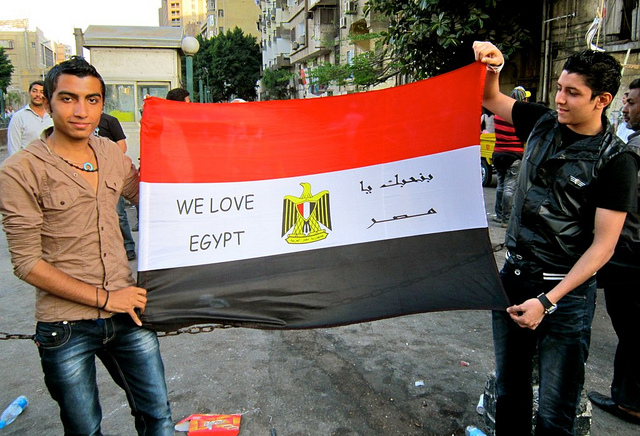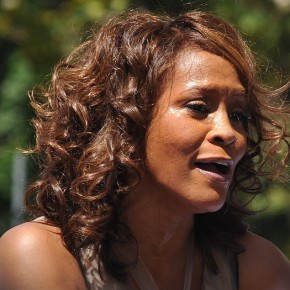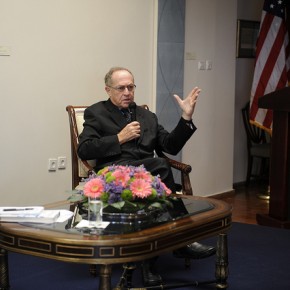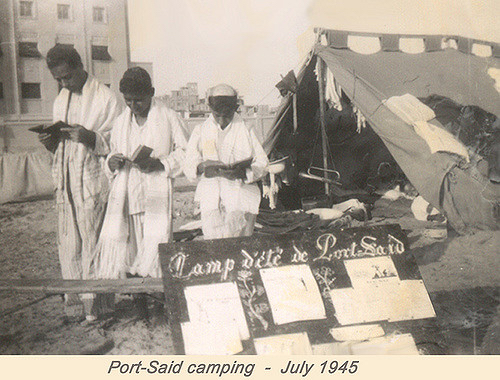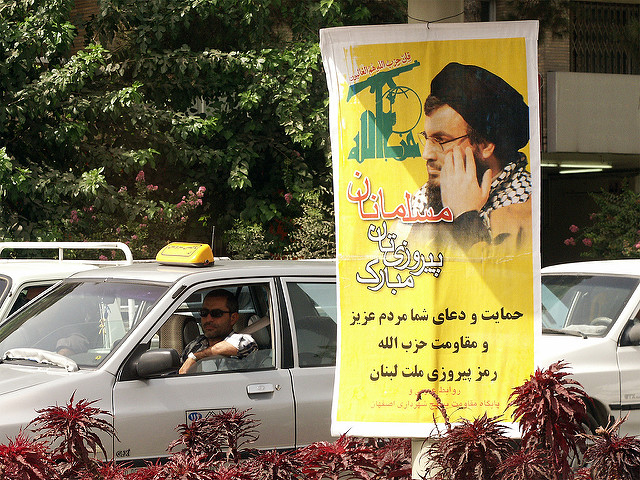I was one of thousands protesting all over Cairo last week, and of dozens who spent their weekends in Tahrir Square during the first anniversary of Hosni Mubarak’s February 2011 resignation. The euphoria has faded, and much of the Arab Spring’s optimism has turned to cynicism. However, this is why I believed that February 2012 was the best time to finally travel there.
Much has been written about how the Second Revolution, revitalized by the recent Port Said Massacre, has a grittier feel, as evinced by harsh political graffiti such as “Fuck SCAF (Supreme Council of the Armed Forces.)” However, little has been said regarding how such expressions are necessary signs of health, and political evolution. Indeed, we have all matured a great deal since events in Tunisia and the Western Sahara precipitated the Arab Spring in December 2010.
Revolution no longer has a glossy veneer of peace and stability. In the various profanities I saw throughout downtown Cairo, “fuck” being one of many, there was an overarching theme of frustration at its limitation. The very existence of the Supreme Council and its brutal crackdowns are a testament to the unfair difficulty of overwhelming the old order. Writing “Fuck SCAF” relieves that distress far more than I thought possible. Yet, it also has the effect of connecting frustrated revolutionaries on an emotional level. It’s a resource for solidarity.
Tahrir Square taught me that one person never achieves anything on their own. Even in the poetry crowds that would spontaneously form in the square, where large groups of people circle around a central speaker who makes a rhyming political speech, the speakers themselves are unable to protest against their distress alone. As listeners, we’d state phrases and words at opportune moments in a call and response pattern, transforming the speakers’ poetry into a collective song. Each speaker is a leader, but their leadership is indistinguishable from the contributions of the music’s followers.
All of last weekend, I stood at the ready with my gauze, rubbing alcohol, tear gas remedy, and Scooby Doo bandages. I had volunteered my time at Tahrir to be a street medic. Even though my trip was safe, I still feel privileged to have had the opportunity to put myself at risk, and scream Arabic protest slogans until my voice was hoarse ,and my body ached. It’s a good thing I brought Advil with me.
During the breaks between protests, when I drank tea at one of Tahrir’s many vendors, I kept being told that I look Egyptian. My previous trips to the region have taught me that native residents usually know better, instead asking me if I am Indian or Pakistani (they tend to guess the latter in the GCC countries that have large South Asian labor communities.)
However, in Tahrir Square, everyone simply assumed that I was an Egyptian native. It wasn’t because of my skin color. It was because fighting for liberation against the nineteen-member Supreme Council of the Armed Forces is considered enough to warrant being called an Egyptian.
“You were in Tahrir?” an old woman asked me at a restaurant downtown. “How is it?” She spoke in colloquial Egyptian Arabic. She was as old as my grandmother. In all likelihood, she had a rigid definition of what constitutes an Egyptian. Nevertheless, she chose to regard me like I was a local. I was honored.
Egypt allowed me to blend in for the first time in my life. Elsewhere in the Middle East, I had never felt a sense of unconditional accceptance. In Tahrir Square, not being Egyptian, or even a revolutionary, was never an issue. In Egypt, I was judged on the basis of my actions, the fact that I was marching, and my preparations as a medical volunteer. I wore my medical gear, with my shatterproof goggles and keffiyeh, and no one looked at me as if I was different. No one even spoke to me in English.
The moment I returned to the United States, I found myself depressed. Once again, I felt the social and political dynamics that enforce perceptions of me as an outsider. I was stared at strangely. Ridiculous rumors of me being an associate of the FBI reentered my life. Old memories of being pulled out of a coffee shop by NYPD officers in Williamsburg on the tenth anniversary of 9/11, and being harassed by federal agents when I returned from a trip to Yemen stung again.
When I began reading justifications for the New York Police Department’s monitoring of Muslim students – some, based on how often they pray- I once again was confronted by American provinciality. Prejudice and discrimination are viewed as natural responses to the world, not a reflection of Americans’ own moral limitations. When one returns from Tahrir Square, where an ethnically diverse mass of revolutionaries are dying to build a new world order, you’d be forgiven for finding such attitudes intolerable.
None of this means that I think that “Tahrir,” as a revolutionary moment, is somehow perfect. When I first began this article in Egypt, I was nearly robbed. Right in Tahrir Square. I have also heard of troubling actions against allegedly unchaste women. My experience has always been, however, that cooler heads tend to prevail. For example, in Tahrir, an older man stopped me from being robbed. That’s not the only time I heard such a story. Such events underly the sense, at least in Cairo, that the revolution is far more more important than prejudice and selfishness. This imbues me with a sense of hope.
Reflecting on my time in the square, I’m happy that I managed to do my job without people chastising me for being ‘arrogant,’ ‘hostile,’ or ‘making them uncomfortable’ as so often occurs in similar political situations in the United States. I suspect that people who have the privilege of being able to think far too much about social matters level these sorts of charges. But that is an argument for another day.
Beyond all of that, I never really felt appealing before this weekend. When I was younger, I was constantly told that my ears are too large (“You look like a monkey,”) that my body is too hairy, and so on. I understand now that these were a result of internalized racist attitudes that simply couldn’t be called as such: racists don’t say “nigger” anymore, they just treat you like one. When I was in Tahrir, however, I was startled when a vendor commented positively on my complexion.
“You have a good color,” he said. “It is dark and beautiful.”
When I went home that night, I realized that I had never heard a positive remark regarding my skin color before. The moment that this had happened, I realized almost immediately how much my ideas of personal unattractiveness were tied to internalized racism. It had never occurred to me that I thought myself unattractive because I am not white. And even now, I am unsure what to do with this revelation.
There is an Egyptian flag in my room right now that says “25 January Revolution Ongoing” on it. I brought it on the plane with me, as a carry-on. There was a cute moment between Cairo and Frankfurt when I fell asleep and began cuddling with it.
I can’t think of anything else. Ash’ab yuriid isqat en-nizaam, wa yasqat, yasqat, hakmil asqar. (“The people want an end to the regime, and military rule will fall.”)
I’m really glad that I got to shower when I got back, by the way.
New Brunswick, February 22nd
Photograph courtesy of Gigi Ibrahim. Published under a Creative Commons license.
